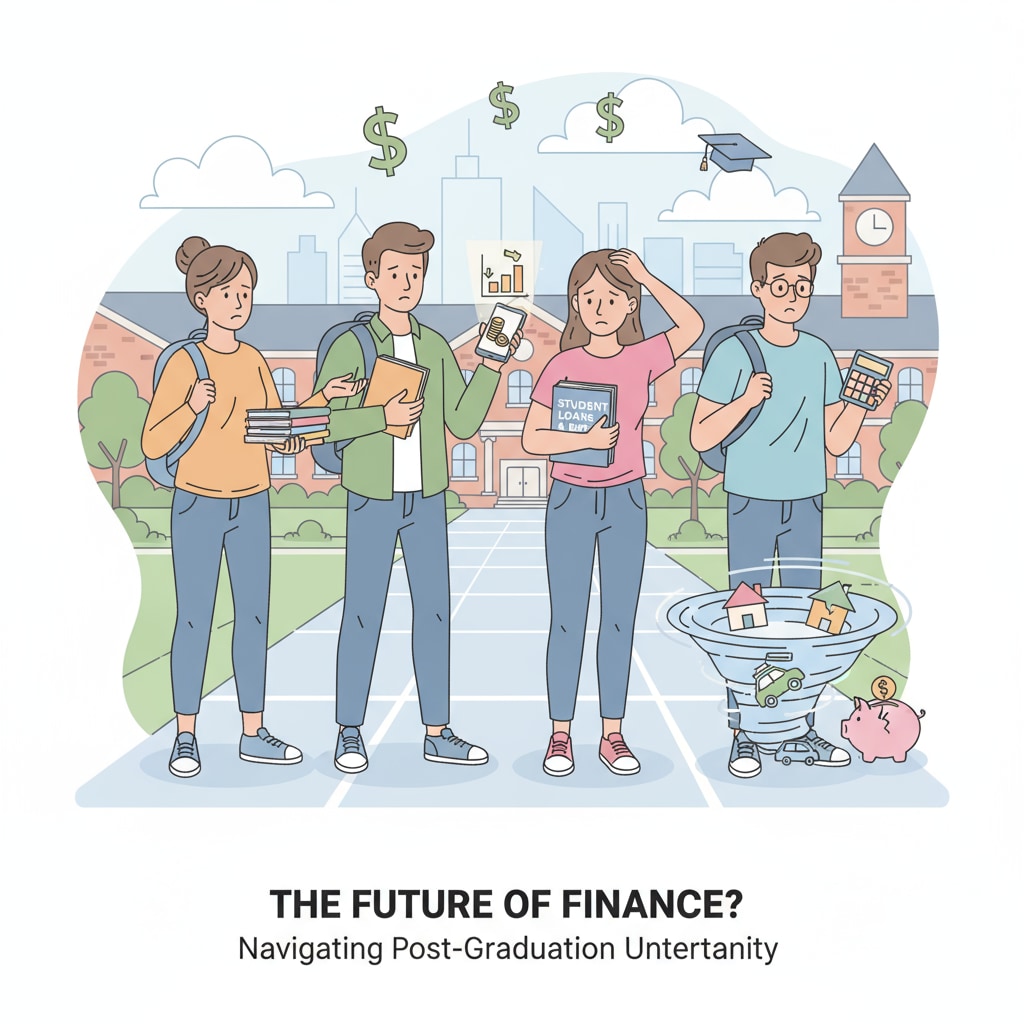In the realm of education, the age-old debate between higher education, return on investment, and vocational education is taking center stage. As students and parents navigate the complex landscape of educational choices, it’s crucial to assess which path offers the best financial outcomes. Let’s delve into this comparison to understand why vocational and technical education might be emerging as a more attractive option.
The Traditional Higher Education Model and Its ROI
For decades, a traditional university degree has been seen as the golden ticket to a successful career. However, recent data suggests that the economic value of this path may not be as straightforward as once thought. The cost of higher education has been skyrocketing, with tuition fees, accommodation, and textbooks adding up to a significant financial burden. According to the National Center for Education Statistics, the average student loan debt for a bachelor’s degree recipient has been steadily increasing. This debt can take years, if not decades, to pay off, eating into potential earnings. In addition, the job market is becoming more competitive, and a degree alone may not guarantee a high-paying job. Many graduates find themselves in positions that don’t fully utilize their skills or offer limited room for salary growth.

The Rise of Vocational and Technical Education
On the other hand, vocational and technical education is experiencing a renaissance. These programs are designed to equip students with specific skills that are in high demand in the job market. For example, fields such as plumbing, electrician work, and nursing offer excellent job prospects. Vocational students often enter the workforce much faster than their university counterparts. The Bureau of Labor Statistics reports that many vocational occupations have a high demand and offer competitive salaries. Moreover, the cost of vocational training is generally much lower than a four-year university degree, resulting in less debt for students. This means that graduates can start earning and saving earlier, potentially seeing a higher return on their educational investment in the long run.

In conclusion, while higher education still holds value in certain fields, the comparison of higher education, return on investment, and vocational education shows that vocational and technical education can be a more practical and financially rewarding choice for many. It’s time to reevaluate our traditional views and consider the unique benefits that vocational training offers. By making informed decisions, students can set themselves on a path to a successful and prosperous career.
Readability guidance: We’ve used short paragraphs and simple language to enhance readability. Each H2 section presents key points clearly. The passive voice has been minimized, and transition words like ‘however’ and ‘on the other hand’ have been used to create a smooth flow.


